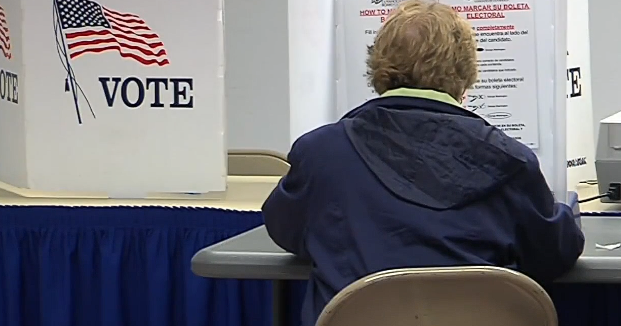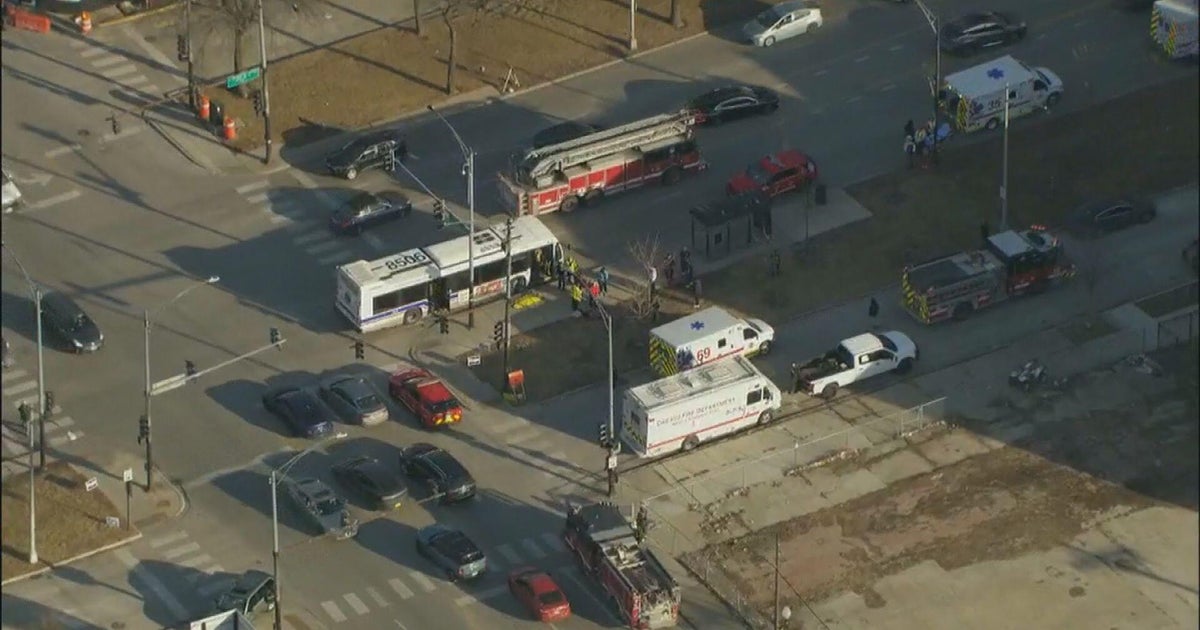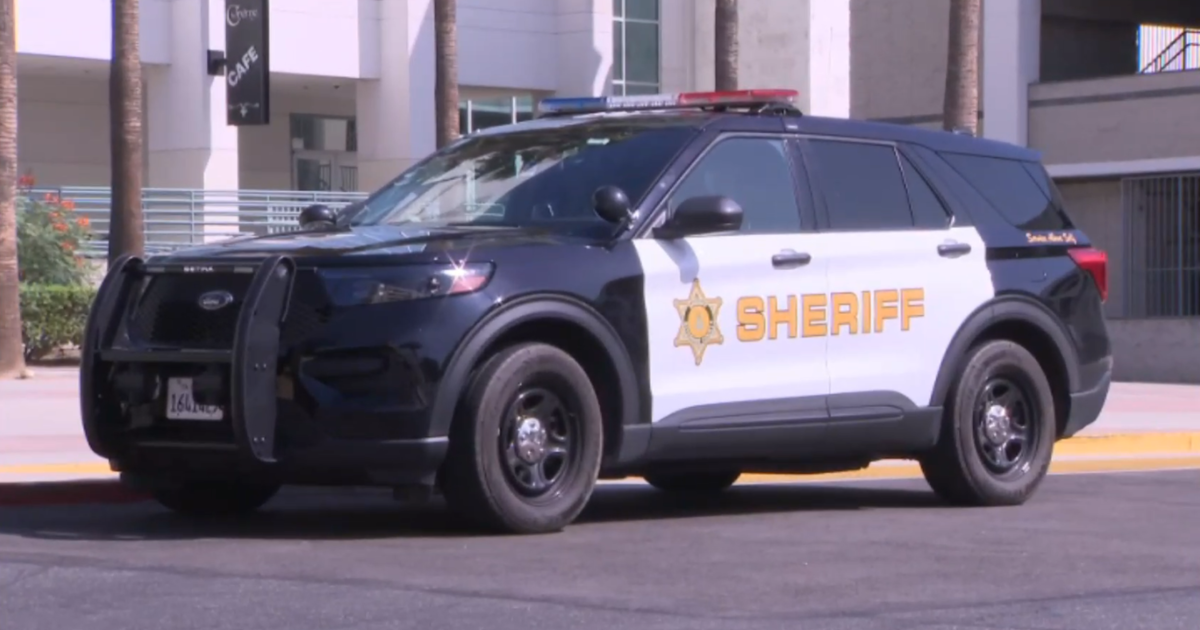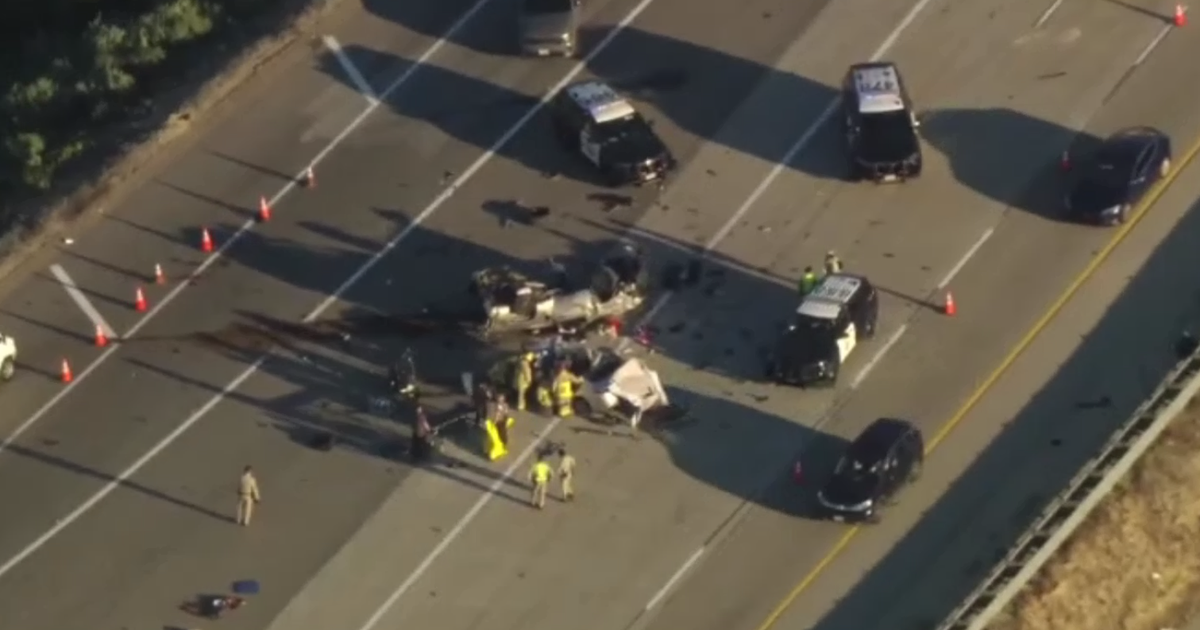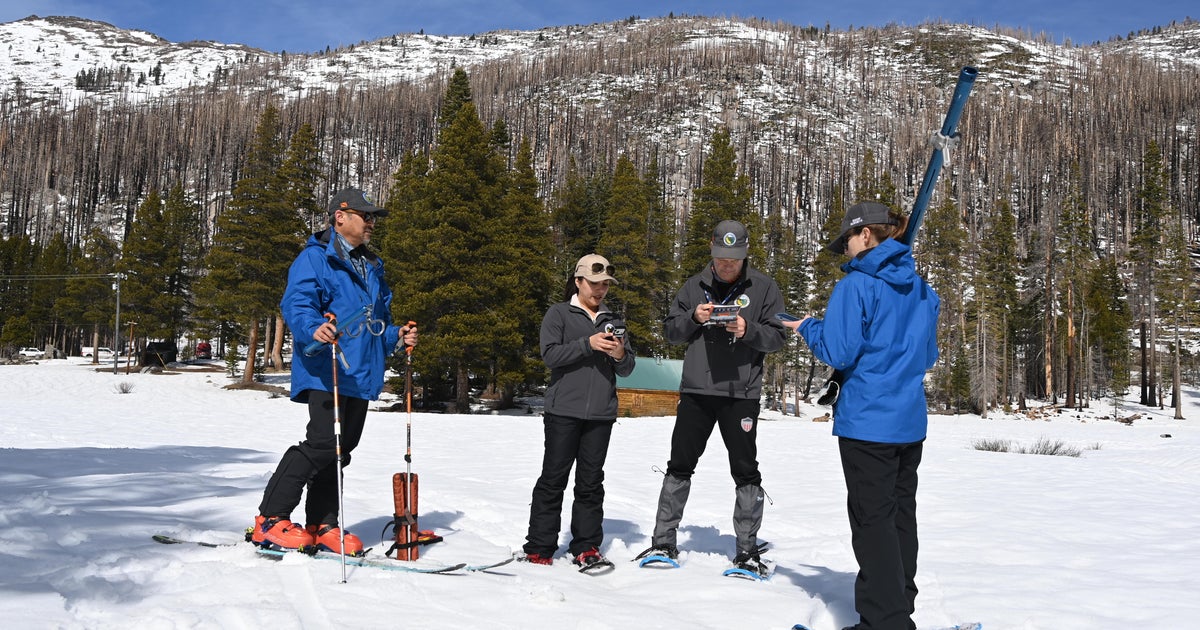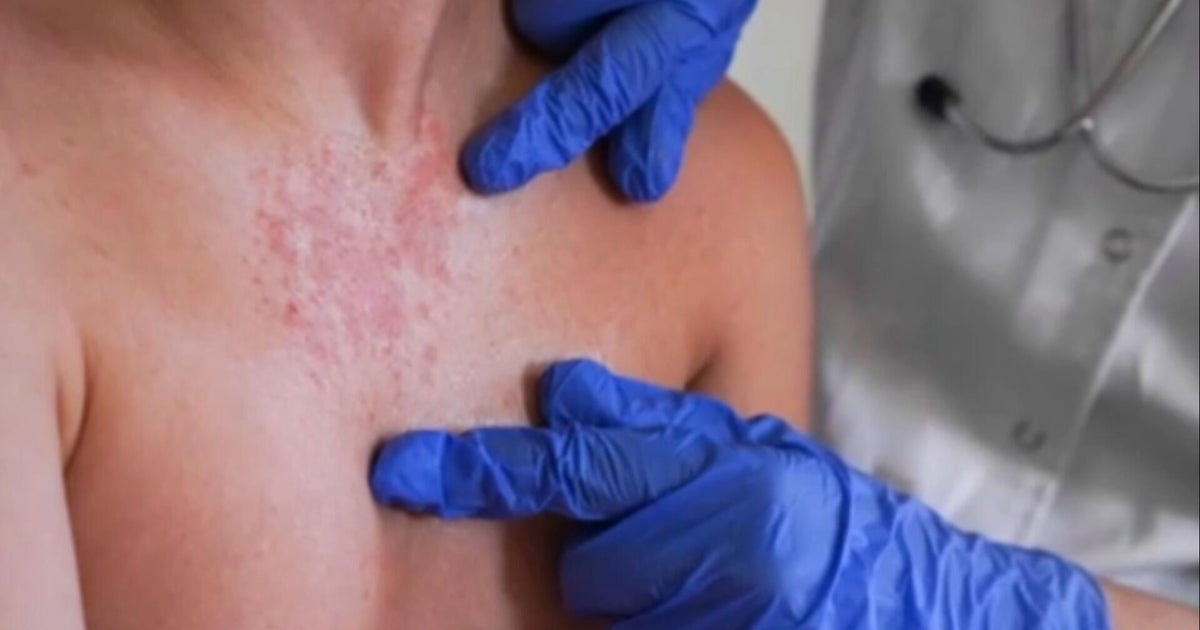Ambulance wait times stretched up to an hour after MedStar hack
TARRANT COUNTY (CBSDFW.COM) - The wait for an ambulance stretched to as long as an hour in some cases over the last week in more than a dozen cities across Tarrant County, following a cyber-attack on the computer network for MedStar Mobile Healthcare.
Dispatchers were using radios, maps, and pen and paper to keep track of where paramedics and ambulances were after computer systems were disconnected and isolated when the attack was discovered Oct. 20.
Operations had mostly returned to normal by Thursday, according to MedStar, though some lingering problems were expected.
Through at least Tuesday however, according to emails between MedStar and cities it contracts with, MedStar was unable to see the GPS location of its crews.
Call information from Fort Worth shared with CBS 11 showed that a half hour after someone was hit by a car Sunday on the north side of the city, firefighters were told an ambulance was still five to seven minutes away.
The same day on the east side, a fire crew reported waiting an hour with a someone who was sick. On the west side, firefighters performed CPR on a 69-year-old man, while waiting at least 25 minutes for an ambulance to arrive.
MedStar logged and looked clinically at cases with unusually long waits and determined no patient outcomes were any different due to a delayed response, compared to a more typical wait time. The agency in part credited the process of a sending multiple agencies to a call, which meant firefighters, trained as emergency medical technicians, were able to keep patients stable until paramedics could arrive.
"The system is designed that way as a safeguard so if one of the agencies is going to be delayed, there's low chance care is going to be delayed," said Matt Zavadsky with MedStar.
Because MedStar is contracted to transport patients, firefighters were not able to take the patients to the hospital themselves. In Burleson a family member of one patient eventually drove them to the hospital. Burleson also utilized mutual aid agreements with other nearby agencies, when they determined that another ambulance provider might be able to get to the scene faster.
"There were times where our staff, dispatch, our firefighters, were unsure in communication if an ambulance was on the way, or far away," said K.T. Freeman, the fire chief for Burleson. "There was confusion with communication and ascertaining the status of MedStar's response down here."
Burleson increased staffing in its own dispatch center to make sure it could stay in constant communication, and also offered to have staff help MedStar if needed.
Fort Worth Fire also staffed an additional firefighter in its alarm office. It offered to let MedStar staff use a computer there to track ambulances, or to open up a backup dispatch site in order to track crews.
The agency, however, decided moving people over to a new location and working on unfamiliar systems, would just add another challenge, according to Zavadsky.
After several days of delays, the president of the Fort Worth Professional Firefighters Association sent a letter to the city mayor and two city council members, expressing concern the ambulance agency wasn't doing enough to minimize the impact to residents.
"When you start putting our units, tying them up on calls for an extended period of time, three, four times than they might ordinarily be on a call, especially in those busier pockets of the city, it puts a real strain on our system and our ability to provide good care to the citizens that we serve," said Mike Glynn.
MedStar said it had doubled the number of staff at times in its communications center during the event, helping with documentation and radio calls. It had also run a drill October 5 for how to operate without a computer and dispatch system, but the drills account for down time of a few hours, not a few days. Delays were also impacted by a 23% increase in call volume the day of the cyber-attack, Zavadsky said, compared to the previous week.
Zavadksy said he could not share much detail about the actual attack and any potentially comprised information or data, due to it being an active investigation with federal authorities involved.
